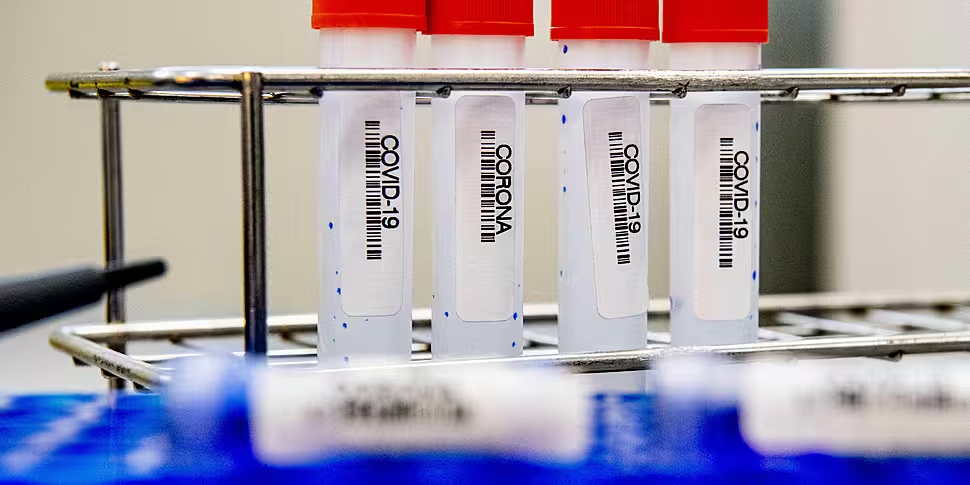Work has started on a new project aimed at limiting the impact of any future pandemics.
Researchers at NUI Galway have been given €10 million of EU funding to conduct a two-year study to learn lessons from COVID-19.
The PANDEM-2 group will be tasked with producing roadmaps to make sure all countries are better prepared if another virus hits.
It will also examine the likes of how misinformation has spread during the current pandemic, to see if that could be avoided in the future.
The planning comes as experts hope lessons can be learned from the current pandemic, due to the long-lasting and widespread societal impacts of COVID-19.
For today's Pat Kenny Show, Newstalk's political correspondent Sean Defoe spoke to some prominent experts about what we need to be looking at to avoid a repeat of the ongoing global crisis.
Associate Professor at the School of Biochemistry & Immunology at Trinity College Tomás Ryan says there's another virus will spread - the only question is when it will happen.
He said: “You could legitimately question whether or not the next pandemic of this magnitude will happen in the lifetime of everyone experiencing the current pandemic.
“Is another pandemic going to happen in my lifetime? I assume so - I think it would be foolish not to [think so]. It’s only a question of how bad it would be, and how we manage it.
“The human population has never been more susceptible to pandemics than the way we’ve been living in the last few decades, because we’re so interconnected”.
He also said the risk of infections passing from animals to humans has increased due to likes of deforestation and climate change, while the nature of modern western politics perhaps makes it more difficult for governments to make ‘difficult decisions’.
Planning for the future
While there hasn’t been much planning on a Government-level for the next pandemic due to the scale of the current one, some discussions have been had about what systems may need to be in place.
Former minister Eoghan Murphy, for example, has suggested that in the future NPHET could be replaced with something like the National Emergency Coordination Group.
That would bring together stakeholders from across society rather than just health officials - similar to the multi-agency response we see when there’s a major weather event.
While that organisation may be small when there’s no emergency, it could be scaled up rapidly if needed.
Professor Sam McConkey from the RCSI observed: “If British Petroleum have an oil leak… they actually have a detailed plan in place for how they’re going to stop the leak of oil.
“They call it scenario planning, and they spend weeks and months of detailed plans to have something in place to manage those rare but bad events.
“NPHET… is to deal with an acute crisis. We do need that at this time. But it’s not what you need in the long-term: we need what I would call a population health executive agency… who are funded and staff to execute good population health.”









